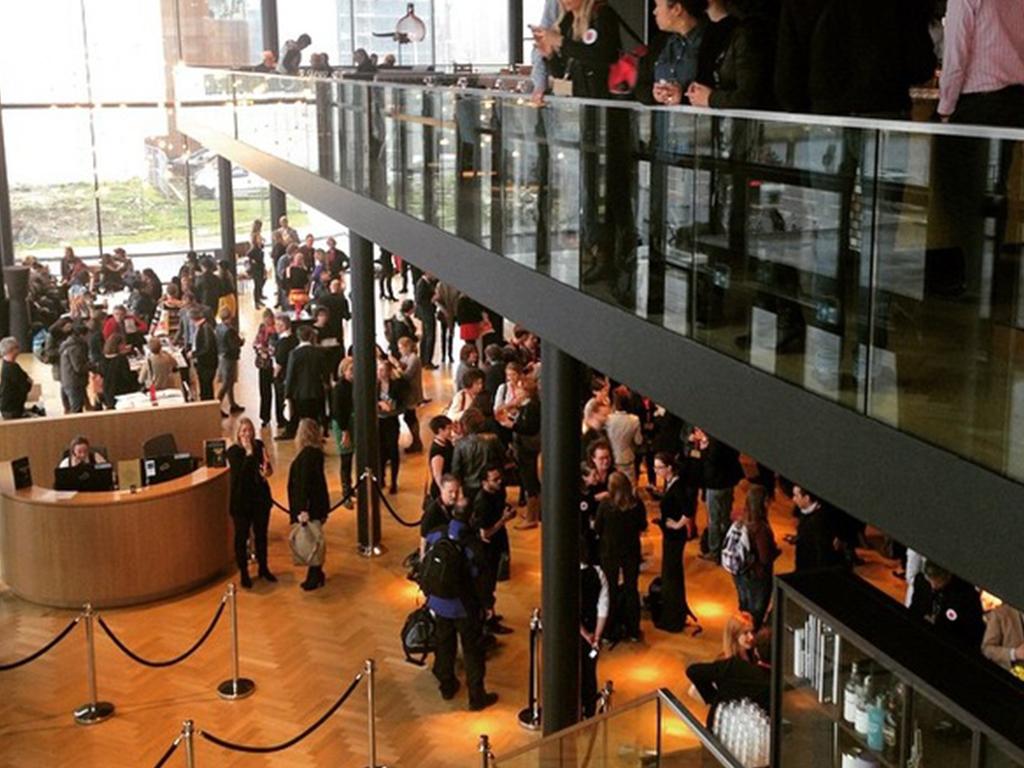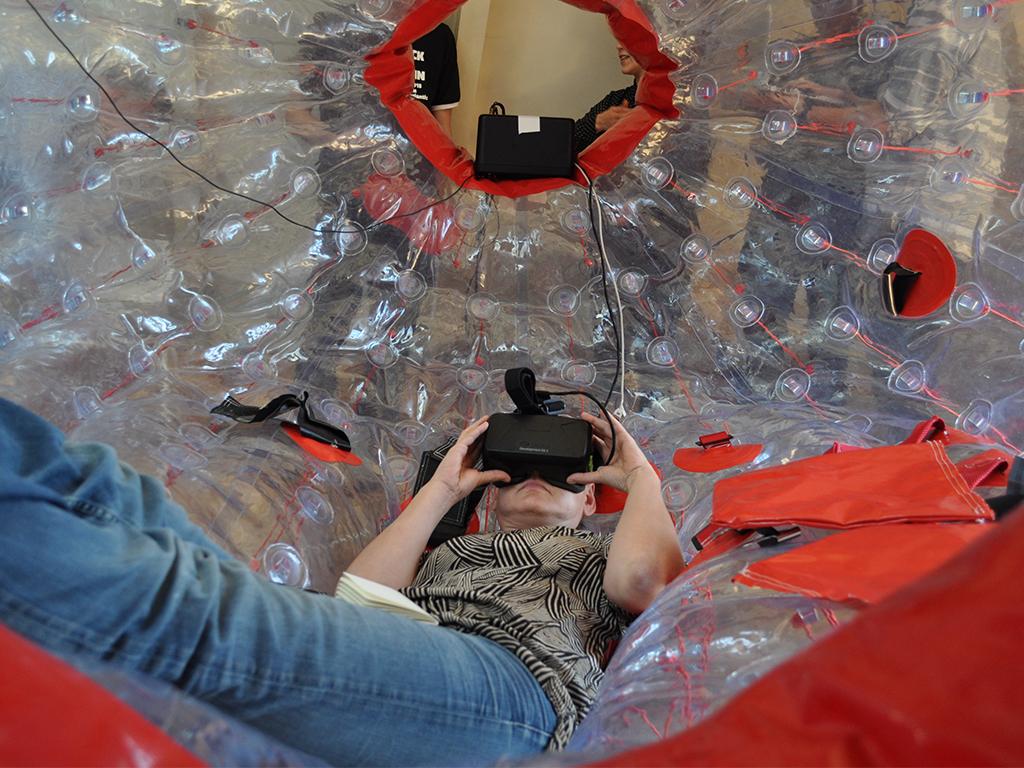As I listened to the first talks at TEDx Amsterdam Education 2015, I found myself wondering, “Am I TED tired?”
TED is known to prepare its speakers extensively. But to me, taken together, the strong push towards an identical format seems to have erased some of the uniqueness from the talks. The repetitive format of: sharing a personal story, followed by leading up to a revelation, a life turn-around (which usually entails a career change from profit to non-profit), an explanation of experiences and lessons learned (always in triplicate), and finally wrapped up with calling upon the audience to “do something, starting not tomorrow, but today,” was rather wearisome and unfortunately awoke my cynical-self.
So yes, personally, I am a bit “TED tired.” Having said that, I must also say that I admire each and every one of the speakers individually. And that it is very special to find a theatre half full of positive, enthusiastic, and inspired people, all willing to make a change. That is what TED awakens in us as well.
A pleasant exception to the rule was Jan de Lange, who, in an unorthodox presentation (half in Dutch, and half in English with a pronounced Dutch accent) demonstrated cool toys, the power of “good play” (Speel Goed), And the authentic performance by project FULL youngsters was both sincere and moving.
I could also strongly relate to Deborah Carter, Dylan Hyman, and Lital Marom. These speakers all emphasized the importance of hacker and maker education, and the combining of creativity, technology, design, and tinkering within educational programmes. Their ideas and projects share strong similarities with Waag’s FabSchool programme and website.
The funniest talk of the day, in my opinion, was a pre-recorded, oldie from 2010 by Derek Sivers called “How to start a movement.” In the talk, Sivers outlines the unjustified glorification of leadership, and the underestimated power of the first follower. The video takes only three minutes, and is worth watching.
Perhaps the most concrete education-revolution scenario (with potentially the most impact) was provided by Graham Brown-Martin, who stated that teachers will not be replaced by technology. Instead, it will be agile teachers who know how to use and apply technology that will replace those who don't. And, that a revolution in education has to begin with a revolution in the million-dollar assessment industry.
My personal highlight of the day was the extremely interesting talk by neuroscientist, Sandra van Aalderen, who focused on how attitudes, beliefs, and mindsets influence learning. Van Aalderen talked about the flexibility of neuro-networks, and the fact that while new connections are being made all the time, it is experience that determines which connections last. She also outlined how the brain asks for a rich learning environment, and how learning itself changes the brain. So, teachers actually shape the brains of our children. Van Aalderen underlined the fact that teachers who learn about the plasticity and workings of the brain, change their attitudes and teaching—achieving improved motivation and better results.
Waag is organizing a programme related to this topic. In Hack in the Brain – Education, we explore how currently available, neuroscientific knowledge and neurotechnologies can be applied to improving learning and the learning environment (both now and in the foreseeable future).
Such exploration is important because brainhacking could eventually cause a revolution in education. We are, however, not at all prepared for such an event. In this phase of exploration and innovation, we are bringing relevant parties together on this topic, which will provide fertile ground for inspiration, new ideas, and critical reflection.
Van Aalderen's book on the societal and educational applications of brain science is arriving in May of 2015. I am very excited to announce that Nienke van Atteveldt, co-author of this book, will join our Hack the Brain – Education event in June.

